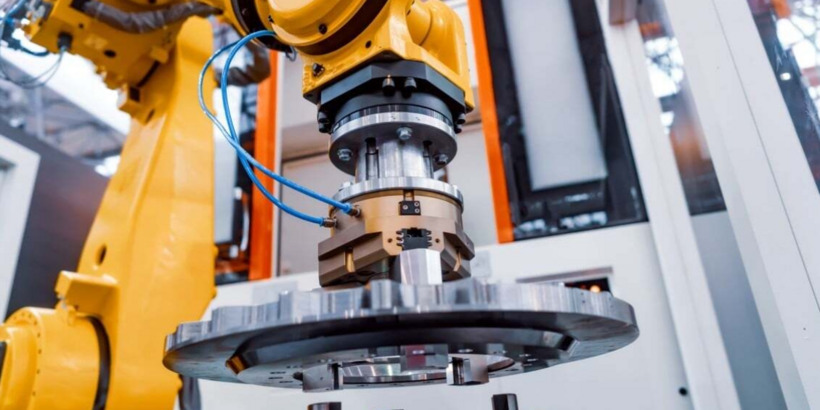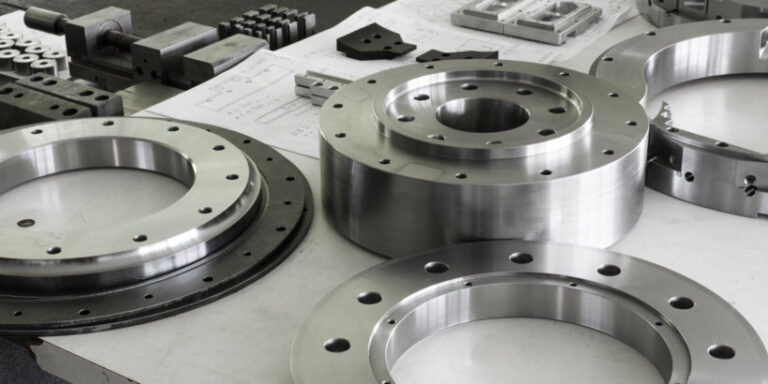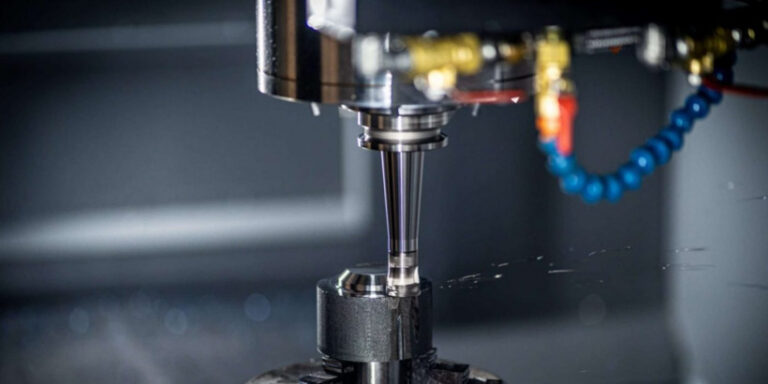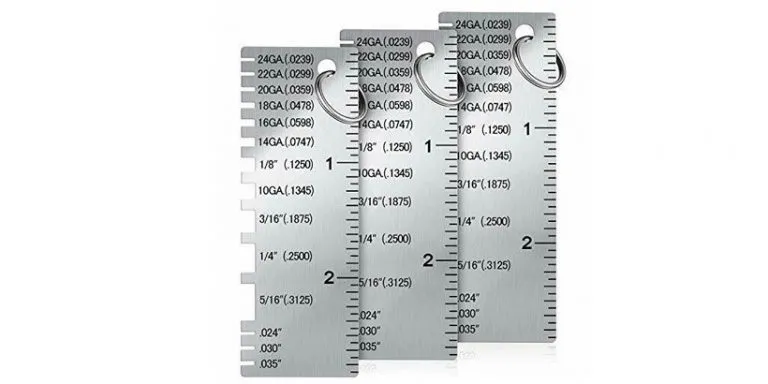Why Sustainability Should Be A Top Priority In Manufacturing
As a society, we are becoming increasingly aware of the impact our actions have on the environment. It’s no secret that climate change is real and it’s happening now. That’s why sustainability should be a top priority in manufacturing.
Manufacturing contributes significantly to greenhouse gas emissions, waste production, and resource depletion. But it doesn’t have to be this way.
By prioritizing sustainable practices, manufacturers can reduce their environmental footprint while also benefiting financially by reducing costs and improving their brand reputation.
In this article, we’ll explore why sustainability should be a top priority in manufacturing and how companies can make changes to meet this goal.
What Is The Environmental Impact Of Manufacturing?
Imagine waking up to find out that your favorite beach has been closed due to pollution caused by a nearby manufacturing plant.
This is not an uncommon occurrence, as the environmental impact of manufacturing can have devastating consequences on our planet.
The amount of water usage and material sourcing required in manufacturing processes can lead to depletion of natural resources and pollution of air, land, and water sources.
As consumers become more aware of these issues, it’s important for manufacturers to prioritize sustainability measures in their operations.
By doing so, we can work towards preserving our environment for future generations without sacrificing economic growth or progress.
Benefits Of Sustainability In Manufacturing
When it comes to manufacturing, sustainability should be a top priority. Adopting sustainable practices not only helps the environment but also benefits businesses in numerous ways.
One of the key benefits is green sourcing, which involves procuring materials and services from suppliers who prioritize environmental responsibility. By doing so, manufacturers can reduce their carbon footprint and promote eco-friendly values throughout their supply chain.
Another important aspect of sustainability in manufacturing is using sustainable materials such as recycled plastics, organic cotton, or bamboo instead of non-renewable resources that harm the planet. These actions are not only ethical but also make economic sense by reducing waste and lowering costs.
In short, implementing sustainable practices in manufacturing has a positive impact on both society and business operations.
Strategies For Achieving Sustainability In Manufacturing
Now that we’ve discussed the benefits of sustainability in manufacturing, it’s time to explore strategies for achieving it.
Did you know that according to a study by McKinsey & Company, implementing sustainable practices in the manufacturing industry can lead to cost savings of up to 4% annually?
One key strategy is implementing recycling programs, where waste materials are reused or repurposed instead of being sent to landfills. This not only reduces environmental impact but also saves on disposal costs.
Another important approach is integrating green technologies into production processes such as energy-efficient machinery and renewable energy sources like solar or wind power. These technologies not only reduce carbon emissions but also often result in long-term cost savings for manufacturers.
By incorporating these and other sustainable practices into manufacturing operations, companies can improve their bottom line while also contributing positively to society and the environment.
Reducing Energy Consumption
When it comes to sustainability in manufacturing, reducing energy consumption is an important step towards minimizing emissions and cutting costs.
There are various ways manufacturers can achieve this goal, including:
- Implementing energy-efficient technologies: This could involve installing LED lighting systems, using high-efficiency motors, or investing in renewable energy sources like solar panels.
- Optimizing production processes: Manufacturers can reduce energy usage by identifying inefficiencies in their processes and implementing changes that streamline operations and minimize waste.
- Encouraging employee involvement: Employees play a critical role in reducing energy consumption through simple actions like turning off lights when leaving the room or shutting down equipment when not in use.
By taking these steps to reduce energy consumption, manufacturers can significantly decrease their environmental impact while also saving on operational costs.
It’s essential for companies to make sustainability a priority if they want to stay competitive in today’s market and meet growing consumer demand for environmentally responsible products.
Reducing Waste
Now that we understand the importance of sustainability in manufacturing, let’s talk about reducing waste.
Waste is a huge problem for our planet and it’s up to us as manufacturers to take responsibility for our actions.
We need to implement recycling programs and embrace green production methods so that we can reduce the amount of waste we produce.
It’s not just good for the environment, but also helps us save money in the long run by reusing materials instead of constantly buying new ones.
By doing this, we’re taking active steps towards creating a better world for ourselves and future generations.
Let’s all do our part and make reducing waste a top priority in our manufacturing processes.
Increasing Resource Efficiency
I’m really interested in reducing waste and reusing materials to increase resource efficiency. I think that sustainability should be a top priority for manufacturers to ensure that we’re using our resources as efficiently as possible.
Reducing Waste
Hey there!
Have you ever stopped to think about the amount of waste that is produced in manufacturing? It’s staggering.
But it doesn’t have to be this way. By implementing effective recycling practices and responsible sourcing, we can greatly reduce the amount of waste generated in the production process.
Not only does this benefit the environment, but it also leads to cost savings for companies as they’re able to reuse materials instead of constantly purchasing new ones.
So let’s make reducing waste a top priority in manufacturing and work towards a more sustainable future.
Reusing Materials
Hey there!
In my previous discussion, we talked about reducing waste in manufacturing through effective recycling practices and responsible sourcing.
Now let’s dive deeper into the importance of reusing materials to increase resource efficiency.
Reusing materials is a crucial aspect of sustainable production as it allows for the reduction of energy consumption and the conservation of natural resources.
By implementing recycling solutions and incorporating eco-friendly materials into production processes, companies can reduce their reliance on virgin resources and instead utilize existing ones.
This not only benefits the environment but also leads to cost savings for companies by minimizing material costs and reducing waste disposal expenses.
So let’s continue exploring ways to reuse materials in manufacturing and work towards a more sustainable future together!
Improving Brand Reputation
Improving Brand Reputation is another compelling reason why sustainability should be a top priority in manufacturing.
Promoting transparency and engaging stakeholders can go a long way towards building trust among consumers, who are increasingly concerned about the environmental impact of the products they buy.
By adopting sustainable practices, manufacturers can demonstrate their commitment to protecting the environment, conserving resources, and reducing waste. This not only helps build a strong brand reputation but also creates new business opportunities as more customers seek out eco-friendly options.
Moreover, companies that prioritize sustainability are likely to attract socially responsible investors who value ethical and environmentally conscious practices.
Ultimately, improving brand reputation through sustainability efforts benefits both the company and its stakeholders by demonstrating a genuine commitment to creating positive social and environmental impacts.
Conclusion
In conclusion, it is almost impossible to overstate the importance of sustainability in manufacturing. The environmental impact that this industry has on our planet cannot be overstated either.
But there are numerous benefits to implementing sustainable practices in your manufacturing processes.
Firstly, by reducing energy consumption and waste you can save money!
Secondly, increasing resource efficiency means that we can use less materials which is better for the planet anyway.
Furthermore, as society becomes more conscious about climate change and related issues, purchasing decisions will increasingly favour companies with strong sustainability credentials.
This puts pressure on manufacturers to improve their image and reputation among consumers who care about the environment.
Overall then, if you want to contribute positively towards a cleaner future while also protecting your bottom line, making sustainability a top priority just makes sense!






